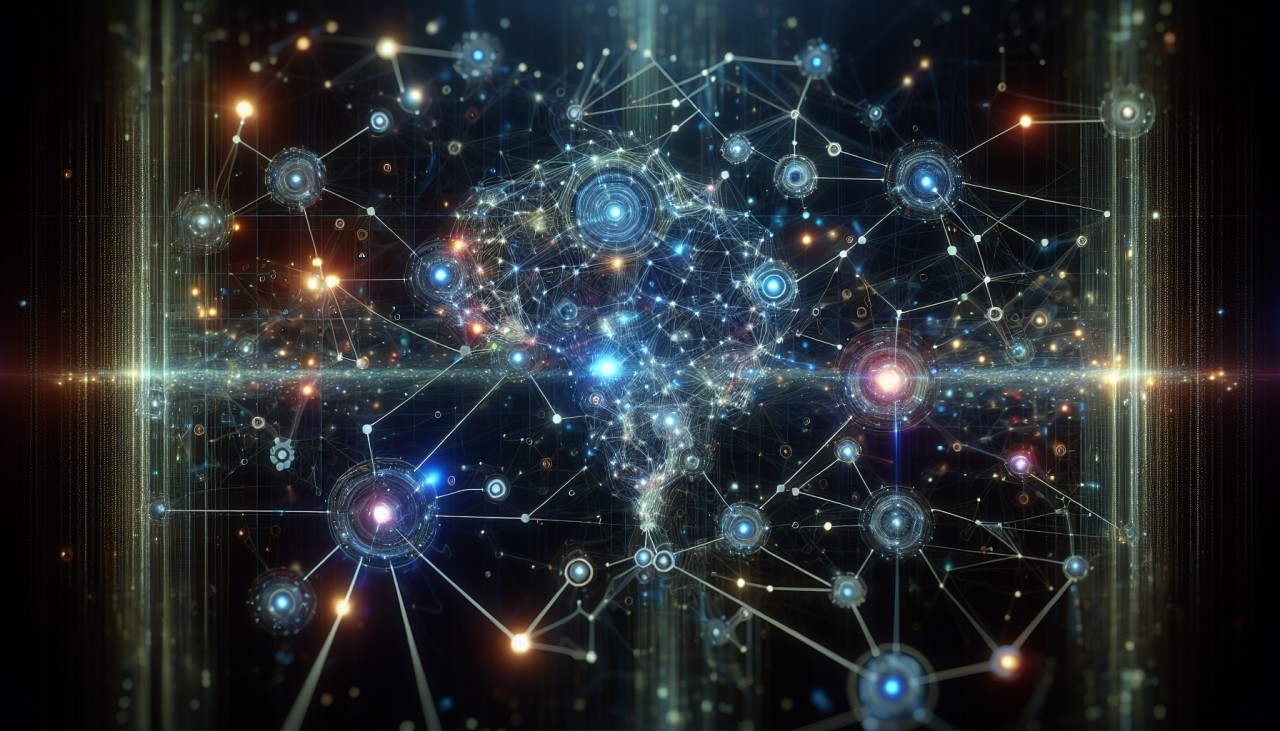Artificial intelligence is taking a significant leap forward by learning from other AI systems, a concept known as AI learning from AI. This approach aims to reduce human involvement in the development and evaluation of AI models, making the process more efficient and autonomous. For instance, Meta has introduced a "Self-Taught Evaluator" that utilizes AI-generated data to assess the performance of other AI models. By employing the "chain of thought" technique, this evaluator breaks down complex problems into smaller, logical steps, enhancing the accuracy of responses in areas like science, coding, and mathematics. This innovation suggests a future where AI systems can self-improve without relying heavily on human feedback, potentially reaching super-human performance levels. reuters.com
However, this advancement comes with challenges. The reliance on synthetic data generated by AI models can lead to "model collapse," where errors in the data are amplified over time, resulting in nonsensical outputs. Research indicates that iterative training on flawed synthetic data can degrade AI models rapidly. To address this, companies are exploring methods to clean and curate training datasets, ensuring that AI systems learn from high-quality, accurate information. This process is crucial for maintaining the reliability and effectiveness of AI models as they evolve through learning from each other. ft.com
Key Takeaways
- AI systems are increasingly learning from each other to enhance development efficiency.
- Meta's "Self-Taught Evaluator" uses AI-generated data to assess model performance.
- Over-reliance on synthetic data can lead to "model collapse" and degraded AI performance.
- Curating high-quality training datasets is essential to maintain AI model reliability.
- The evolution of AI learning from AI presents both opportunities and challenges in the field.
